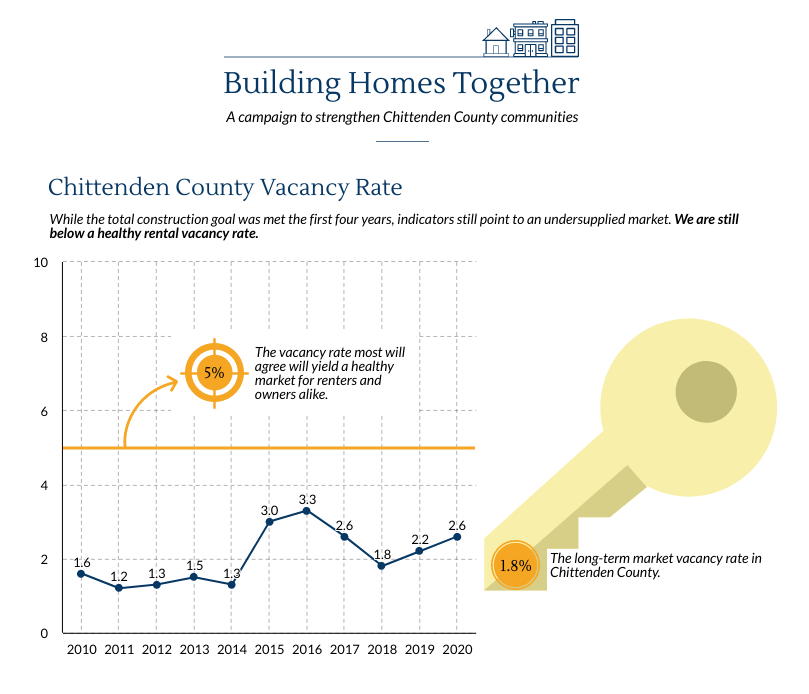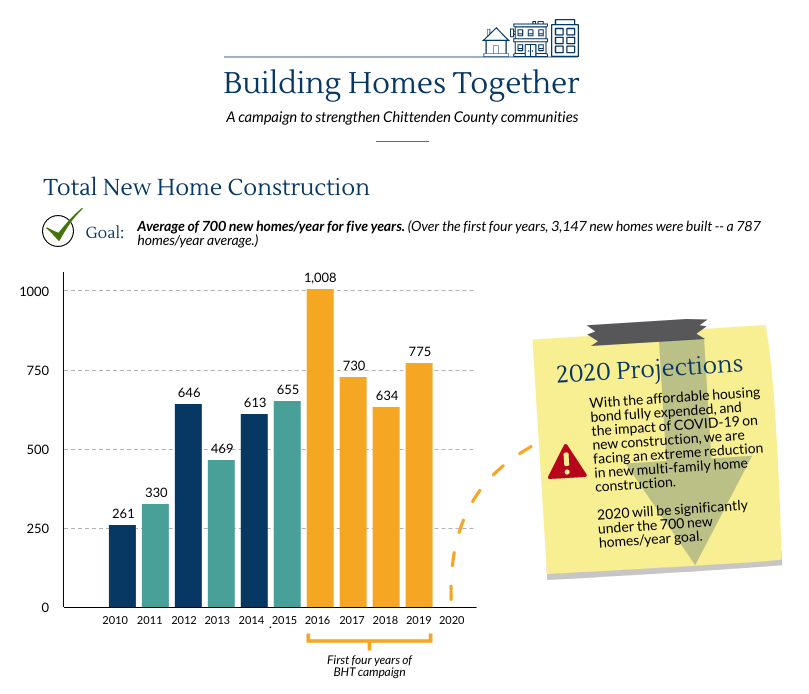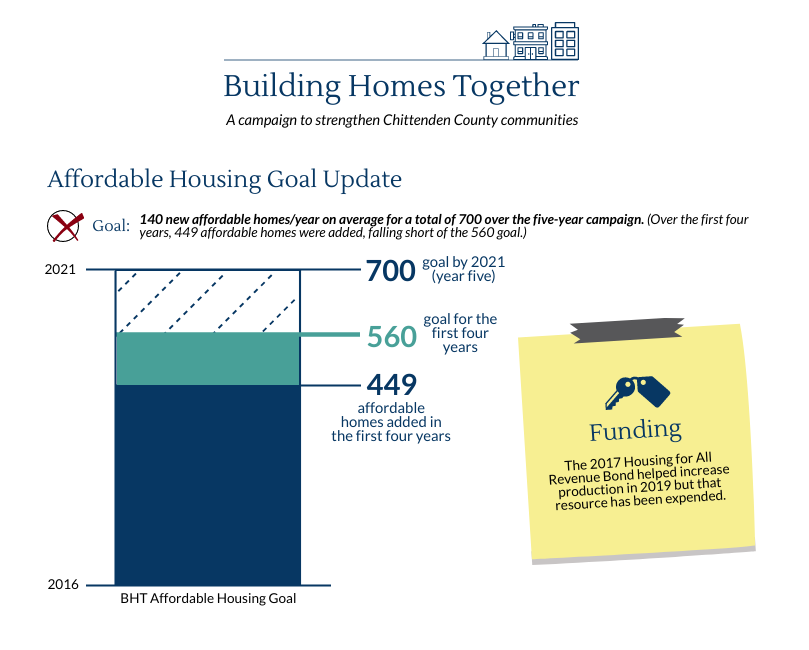Downstreet Housing Finds a New Way to Tell Their Story with this rich podcast, Community Pulse, featuring Downstreet’s Executive Director, Eileen Peltier. Already, Downstreet Housing has four episodes published and ready for listening! You can find it on their website at downstreet.org/podcast.
This third episode of Community Pulse features the reflections of Will Eberle, field director for the Agency of Human Services (AHS), serving the Barre and Morrisville District.
Eberle’s voice offers a fresh perspective on homelessness, not just from his background working with homeless individuals through his work at AHS, nor his many roles working with at risk youth at Another Way and otherwise in Vermont communities. But Eberle speaks from his own personal perspective, having been without housing himself.

Eberle shares vivid vignettes of homeless individuals who he has worked with or encountered throughout his life, illustrating just how varied that experience might be and look like. Be it the young adult experiencing homelessness for the first time after exhausting their family resources, the full-time, minimum wage worker who sleeps in their car after full day shifts, or the chronically homeless individual who remains upbeat despite lack of access to permanent housing, Eberle shares their narratives with a frank honesty that personalizes a systemic issue across our state and country.
Community Pulse is a creative and thoughtful way to engage the every-day-listener around the housing crisis in our state, a much needed new take on an old, persistent issue. Centering the voices and experiences of the houseless community -during a time when housing could not be more critical to survival- is key in the shift towards more thriving, equitable communities.



